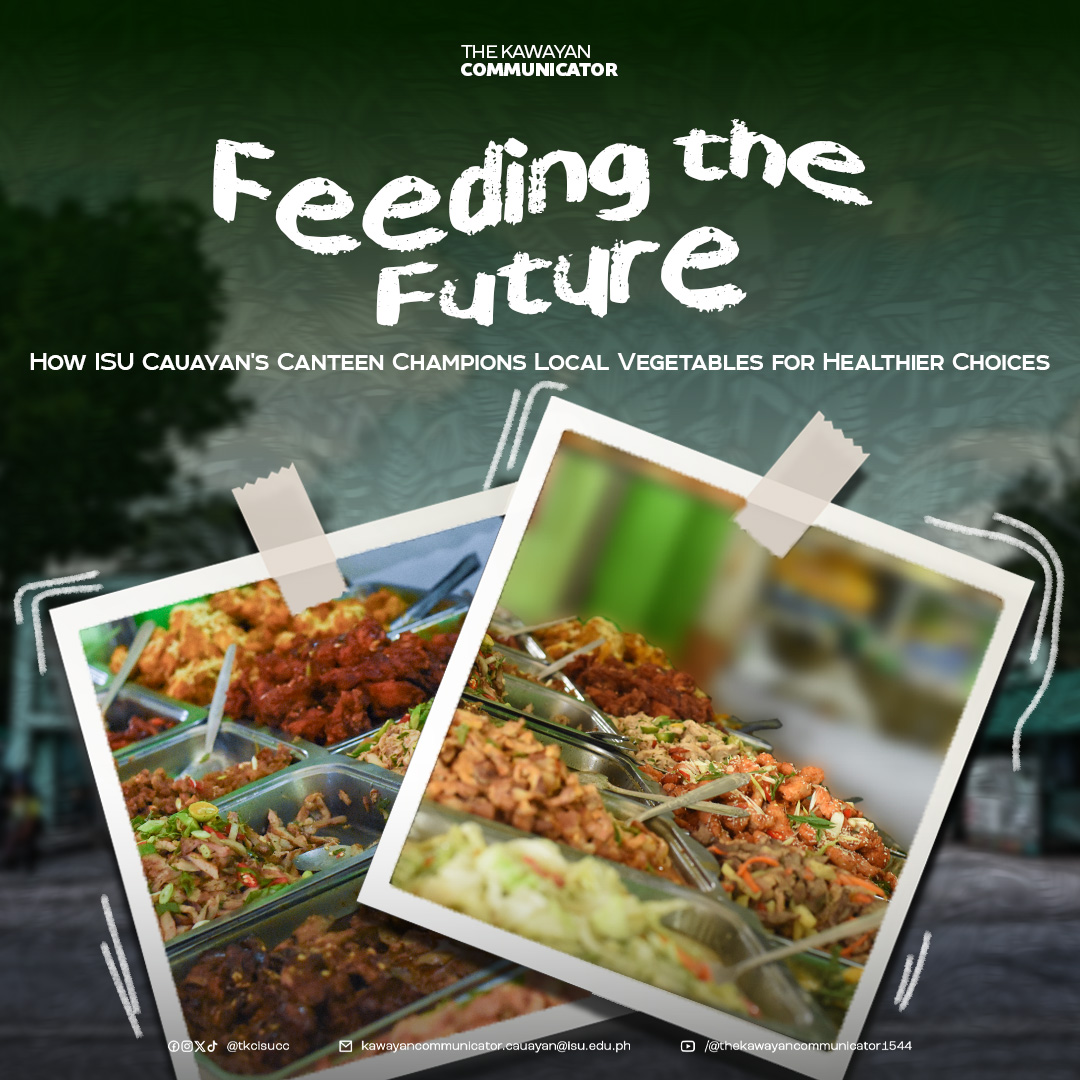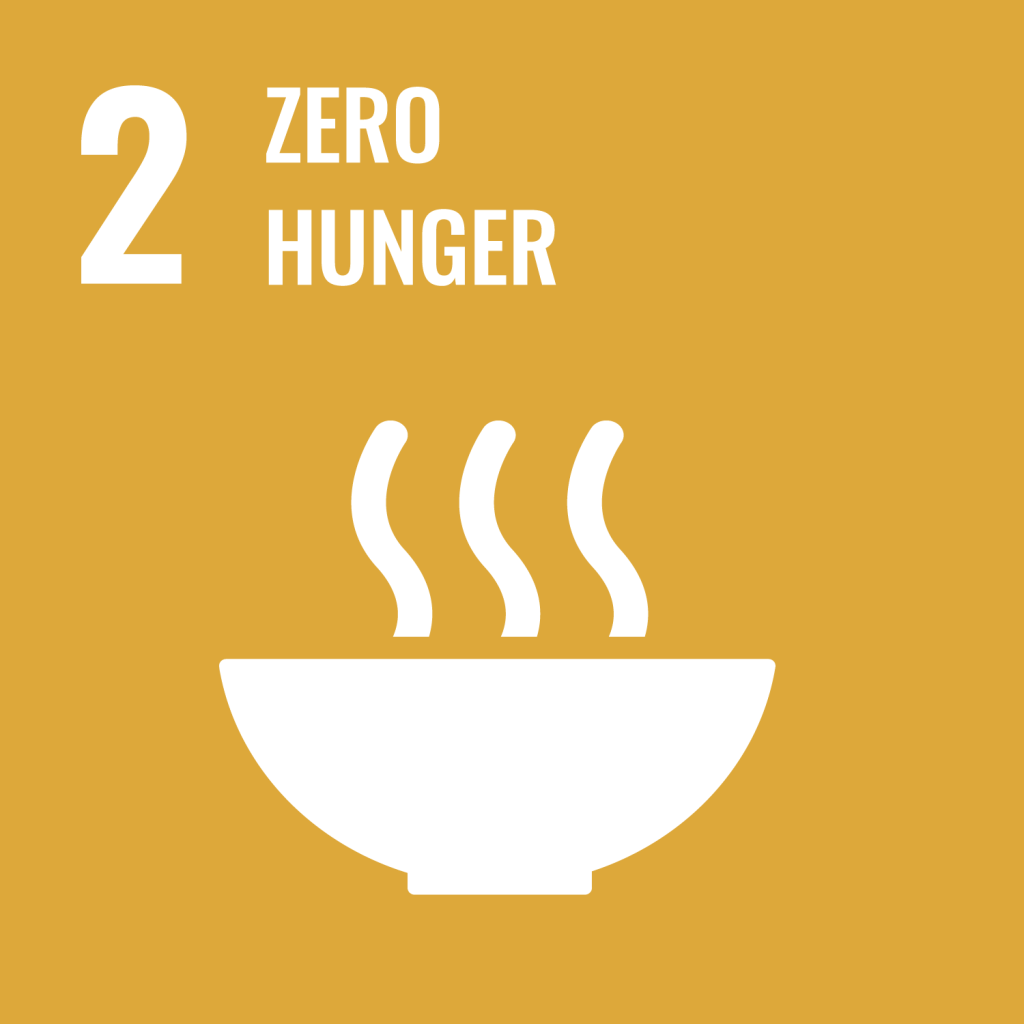
The Isabela State University (ISU) Cauayan Campus is an example of how sustainability and wellness can go hand in hand. By prioritizing fresh, locally grown vegetables and providing affordable, nutritious meals, the canteen embodies ISU’s commitment to promoting healthy lifestyles and environmental responsibility within the university community.
This initiative aligns with the University’s mission to ensure equitable access to sustainable and healthy food choices for all students and staff. Through the integration of plant-based meals like chopsuey and pinakbet, the canteen ensures that vegetarian-friendly options are not only available but also accessible to everyone, regardless of budget.
Canteen owner Estelita Dalupang Eder shared that the secret behind the canteen’s success lies in sourcing seasonal produce from nearby farms. “Sa ngayon, at the peak of [harvest season]—kung ano ‘yung in-season na gulay namin, especially for the vegetables, ‘yun ang binibili namin,” she explained, emphasizing the balance between sustainability, freshness, and affordability. By purchasing directly from local suppliers, the canteen supports farming livelihoods while keeping prices within reach for students.
A typical meal, priced at ₱55, includes rice, a generous serving of vegetables, and one main dish, offering a complete and nourishing meal that promotes both health and inclusivity. Dishes like chopsuey, featuring affordable vegetables such as cabbage, carrots, and sayote, have become popular choices, reflecting the canteen’s adaptability to seasonal availability and local market conditions.
Studies, such as those cited by the Senior HebrewLife Organization, note that produce consumed shortly after harvest retains its peak nutritional value. This principle is evident at ISU Cauayan, where meals are prepared from freshly picked ingredients, ensuring students and faculty benefit from the full nutritional content of their food.
Even amid fluctuating prices of pinakbet ingredients, Eder remains committed to serving options that cater to faculty preferences. “Although nagmamahal na siya, we have to make it healthy because the professors and instructors gusto nila lagi may gulay,” she shared, underscoring the canteen’s dedication to providing balanced meals for all.
For students like Jocelle Julio of the Bachelor of Physical Education (BPEd) program, these efforts are both inspiring and transformative. “Kapag pinili nating kumain ng lokal at sariwang gulay, hindi lang katawan natin ang pinapangalagaan po natin, pati na rin po ang kalikasan at kabuhayan ng mga magsasaka,” she said. Her statement reflects the growing awareness among the campus community about the interconnectedness of health, environment, and local sustainability.
The ISU Cauayan canteen’s approach demonstrates how institutional practices can contribute to broader goals of sustainability and social responsibility. By designing meal offerings that are nutritious, affordable, and locally sourced, the University strengthens its role in advancing sustainable consumption patterns and reducing its carbon footprint.
Content Credits: The Kawayan Communicator







